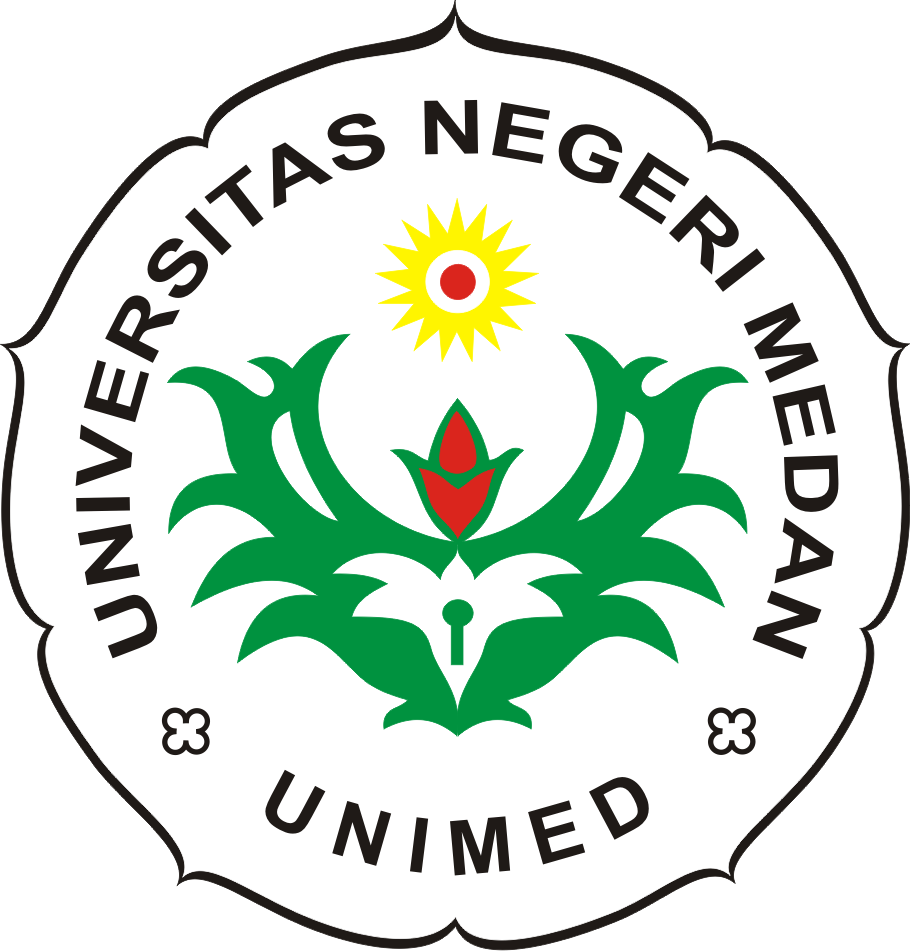AN ANALYSIS OF HIGH ORDER THINKING SKILL (HOTS) IN ENGLISH QUESTIONS OF JUNIOR HIGH SCHOOL NATIONAL EXAMINATION 2018/2019
DOI:
https://doi.org/10.24114/reg.v9i3.24659Abstract
AN ANALYSIS OF HIGH ORDER THINKING SKILL (HOTS) IN ENGLISH QUESTIONS OF JUNIOR HIGH SCHOOL NATIONAL EXAMINATION 2018/2019 *Ade Dama Yanti **Rika, S.Pd., M.Hum. **Tiarnita Maria Sarjani Br. Siregar, S.Pd., M.Hum. ABSTRACT Ade Dama Yanti. 2161121001. An Analysis of High Order Thinking Skill (HOTS) in English Questions of Junior High School National Examination 2018/2019. A Thesis. English Education Program. State University of Medan, 2020. This study aimed to find out the level of thinking skills and to describe out the thinking skills distributed in English National Examination for Junior High School academic year 2018/2019 based on HOTS of Revised Taxonomy Bloom (2001). There are three level thinking skills in HOTS, the first is anyze skill which has the subskills of differentiating, organizing, and attributing. The second is evalute skill which has the subskills of checking and critiquing. The third is create skill which has the subskills of generating, planning, and producing. In solving the problems, this study used descriptive qualitative method. The data were obtained through documentation. There were four packages of the English National Examination which consisted of 50 questions in every package. The total of the questions were 200 questions. In analyzing the data, the researcher used the techniques of observation and the documentary analysis. The findings showed that the four packages applied analyze skill and evaluate skill of HOTS which were 18,5% of analyze skill and 4% of evaluate skill out of 200 questions. While for the distribution of the subskills, for the analyze skill had all the subskills except the differetiating skill and for the evaluate skill had all the subskills in the questions of the four packages. Keywords: English Questions, HOTS, National ExaminationDownloads
Published
Issue
Section
License
Authors who publish with this journal agree with the following terms:
- Authors retain copyright and grant the journal right of first publication with the work simultaneously licensed under a Creative Commons Attribution License that allows others to share the work with an acknowledgment of the work's authorship and initial publication in this journal.
- Authors are able to enter into separate, additional contractual arrangements for the non-exclusive distribution of the journal's published version of the work (e.g., post it to an institutional repository or publish it in a book), with an acknowledgement of its initial publication in this journal.
- Authors are permitted and encouraged to post their work online (e.g., in institutional repositories or on their website) prior to and during the submission process, as it can lead to productive exchanges, as well as earlier and greater citation of published work (See The Effect of Open Access).
- This work is licensed under a Creative Commons Attribution-ShareAlike 4.0 International License.






